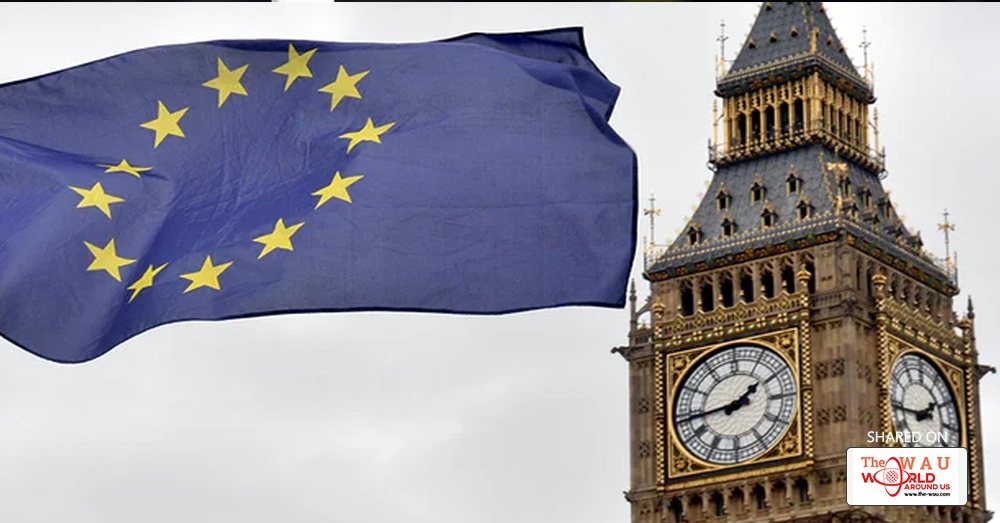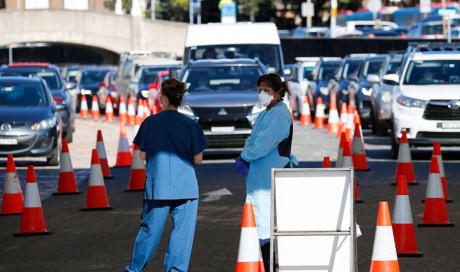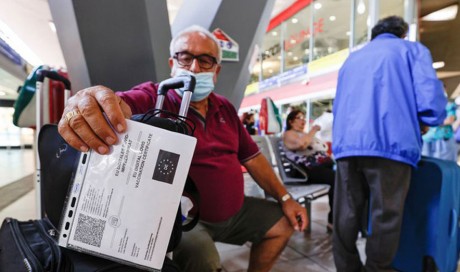When even Nigel Farage concedes it might be time for Brexit-lite, it is clear that Thursday’s general election is fast scrambling what few certainties there were left about Britain’s departure from the European Union.
Fortunately for a political class still reeling from the rejection of Theresa May’s full-fat plan for Brexit last week, there is rapidly emerging consensus about what the country could do instead while still respecting the referendum decision to leave.
Grandees at both ends of the political spectrum have spent the weekend dusting down options for how Britain might still leave the European Union but crucially stay within the single market.
The so-called “Norway option” would see Britain remain within the European Economic Area – and therefore maintain full access to the single market – by rejoining the European Free Trade Association (EFTA), along with Norway, Switzerland and others.
Much discussed immediately before and after the referendum, this scenario had dropped out of vogue in Westminster because of the requirement for EFTA members to maintain a degree of free movement of people.
But now it is gaining support in unlikely quarters. “I think we are probably headed towards a Norway-type situation two-and-a-half years down the road,” former Ukip leader Farage told BBC Newsnight on Saturday. “Norway is better than where we are now ... it’s certainly not where I want to finish up [but] I do think now there will be backsliding.”
For remain-supporters, too, this is perhaps the best that can be salvaged from an election that nonetheless saw two parties win 85% of the vote with manifestos that called for Britain to leave the single market.
“The election has not usurped the EU referendum, but it has reshaped the kind of Brexit that is deliverable politically,” agreed former Liberal Democrat leader Nick Clegg on Sunday. “Only a soft Brexit will now command the majority [Theresa May] needs in parliament.”
Most importantly, such thinking is again finding its voice in the Conservative party. A number of serving cabinet secretaries are also reported to want to put single market membership back on the table, including the chancellor, Philip Hammond, who echoes Labour calls for a “jobs-first Brexit”.
“I think what’s really clear is that the Conservative party, having failed to win a majority, now needs to work with others,” added the Scottish Tory leader, Ruth Davidson. “And that means we can look again at what it is we hope to achieve as we leave the European Union – and I want to be involved in those discussions.”
The clock is ticking fast. Jeremy Corbyn wants to put the jobs-first model in an amendment to the Queen’s speech next Monday that could be the first test of May’s fragile minority government.
“Brexit is the cancer gnawing at the heart of the Conservative party and unless they address that we are in a very difficult situation where it is conceivable that the next election will put Jeremy Corbyn into No 10 Downing Street,” warned Tory grandee Michael Heseltine on Sunday.
The advantages of EFTA as a solution to this also include the fact that it is a relatively off-the-shelf option, invented by the UK and others in 1960 for just this purpose and not needing extensive negotiation by a government that may not survive to see it through.
Although it would require Britain to subject itself to the rule of an international arbitration court, this would conveniently be called the EFTA court rather than the European court of justice. States are exempt from most of the more contentious EU policy areas such as common agriculture and fisheries policies, customs union, common trade policy, common foreign and security policy, justice and home affairs and monetary union.
“The areas in which the EU does have control are largely those to do with the single market, product standards and regulations,” explained Graham Reid, co-ordinator of the EFTA4UK campaign. “In many cases these rules are simply European interpretations of standards agreed at regional or global standard-setting bodies.”
Such detail was not in the referendum question and even its most fervent adherents are now having second thoughts about the practicalities. “Brexit will go ahead. I am pretty certain of that,” concluded Farage on Saturday. “Having said that, do I think now, today, that we are going to get the kind of Brext that most of the voters thought they were going to get? I think that is in peril.”
Share This Post















